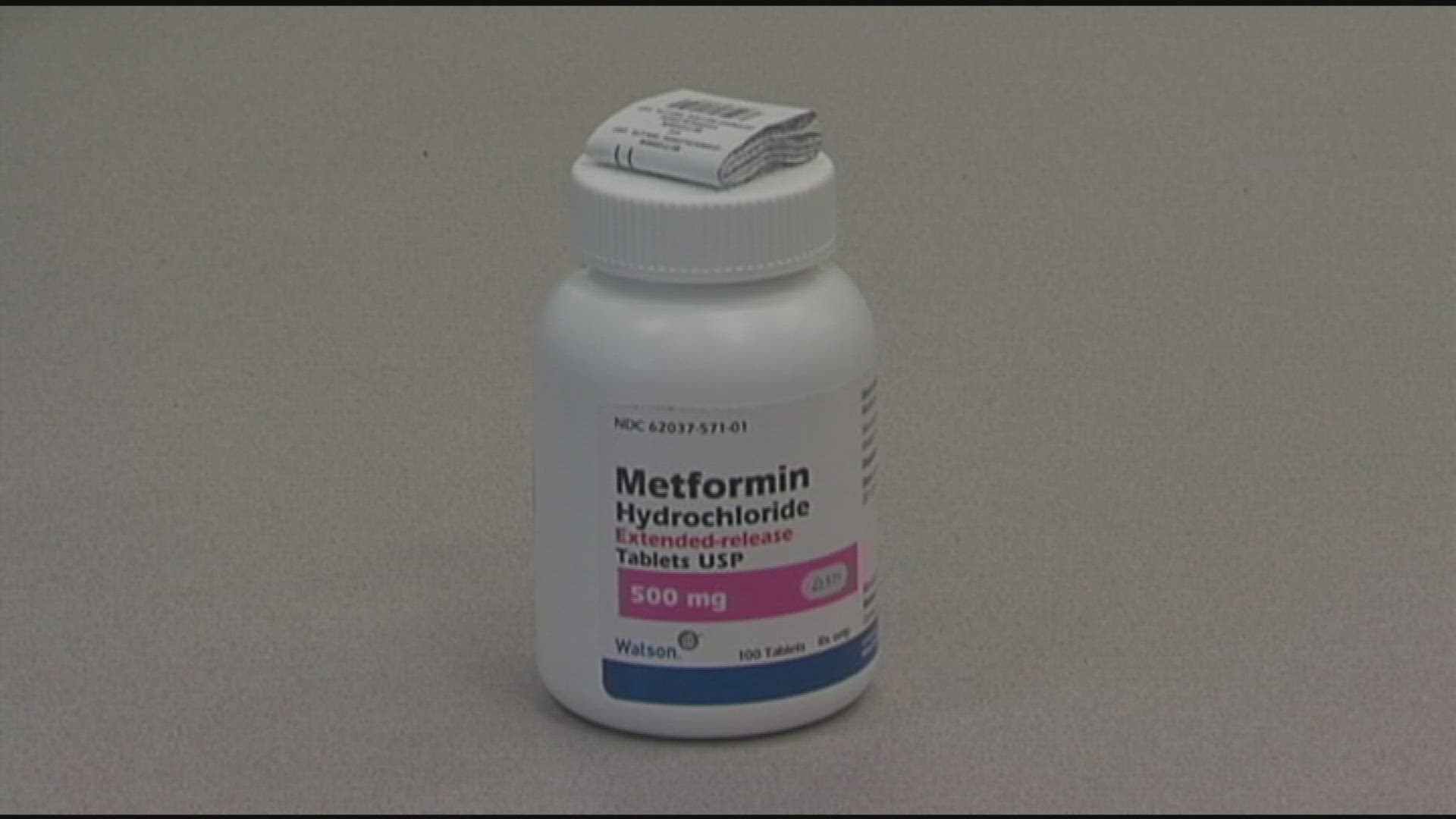BUFFALO, N.Y. — The University at Buffalo is part of a nationwide study to see if a popular diabetes drug can prevent Alzheimer's.
Millions of people worldwide take Metformin, especially to treat diabetes, and now the hope is that it could help prevent short-term memory loss from progressing to Alzheimer's.
"It is a very exciting study because we are re-purposing a medication that has been used in millions of people, and it's a pretty safe medication," said Dr. Kinga Szigeti, Alzheimer‘s Disease and Memory Disorders Center Director.
This study is being led by Columbia University to see if the drug Metformin can also be used to prevent Alzheimer's. The Jacob School's Dr. Kinga Szigeti is one of its principal investigators.
"The whole concept is that maybe Alzheimer's disease is a type of diabetes of the brain. We called it Type 4 diabetes, and if you control the glucose uptake, the sugar uptake in the brain, maybe we can prevent damage to the brain cells," said Dr. Kinga Szigeti.
You can't be on Metformin already, or have diabetes, to be part of the study. You also have to be experiencing the early stages of having memory problems.
"When you only have some forgetfulness, when family members are saying that you are repeating yourself, or you ask the same questions, or you forget to pay your bills on a regular basis, more than usual, but you are still fully functional, you are driving, you are living alone, you are managing your medications without any problem," said Dr. Kinga Szigeti.
If you're in the study, there's a 50-50 chance you'd get Metformin and a 50-50 chance you'd get a placebo.
Nicholas Audino is the clinical research coordinator for this study at UB. He says if you're accepted, you'd have regular check-ins.
"So it's actually very not burdensome to a patient, which is very excellent. A lot of studies, you see each other once a month, then that takes up a lot of their time. For this study, we only meet every six months, and then in between, we just have about ten to fifteen-minute conversations once a month just making sure everything's going all right, catching up, and making sure that our friends are safe," said Nicholas Audino, UBMD Clinical Research Coordinator.
You can sign up at least through the end of this month. You do have to be between the ages of 55 and 90 and be experiencing short-term memory issues to be considered.

